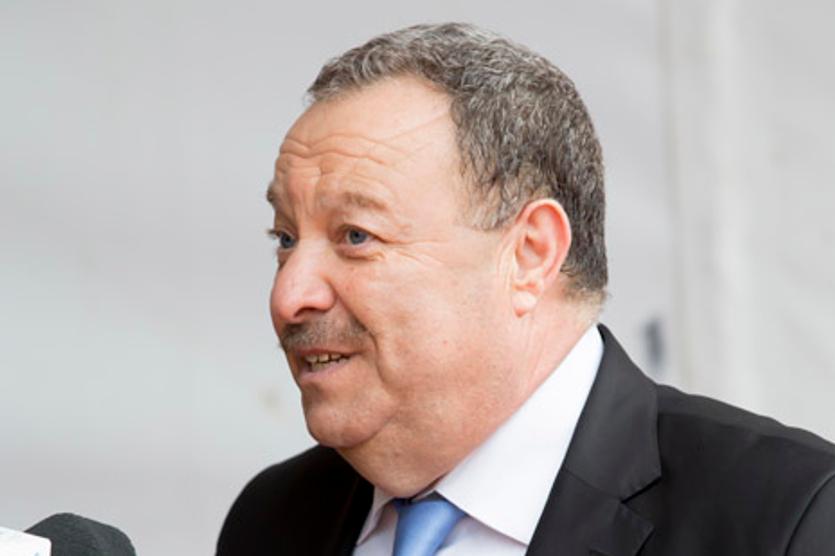African collections opportunities and challenges detailed in Jeune Afrique interview with CECAF Executive Committee member Sami Bencheikh El-Hocine

During the recent Executive Committee of the Regional African Committee (CECAF) meeting in Paris, Jeune Afrique interviewed (in French) CISAC Board Member and ONDA Director General Sami Bencheikh El-Hocine on the status of rights for creators in Africa. The continent presents an enormous opportunity for collections, despite current challenges. In 2015, Africa represented only 0.7% of global collections yet experienced 14.9% yearly growth according to CISAC’s 2016 Global Collections Report.
Sami Bencheikh El-Hocine explained that societies are underdeveloped, both in terms of their operations as well as their lack of respect for established texts. Addressing these problems would ensure a greater capacity to obtain collections for creators. Presently there is a situation where works are exploited, but there is not a follow-up to collect for this usage. State radio stations in Benin and Mali, for example, do not remunerate creators.
CISAC has been involved in remedying the situation through meeting government officials to explain and educate about the seriousness of these violations. Burkina Faso, Ivory Coast and Benin are examples of where societies have established their operations and have begun collections. CISAC also has solicited the help of local recognised artists such as Khaled, Idir and Vice President Angélique Kidjo to raise awareness.
Sami Bencheikh El-Hocine also discussed how Algeria is defending the rights of creators. In Algeria, over 2 million pirated DVDs and CDs were destroyed in May 2016 to convey a “zero tolerance” message to illegal copying.
In Africa, ONDA is leading the charge in ensuring the continued progress in collections among Francophone countries while South Africa is leading for Anglophone nations.
Regarding collections in Africa, Sami stated,
We aren’t going to lie; piracy is more widespread in Africa than in Singapore or New York. We have to also fight against ‘traditional’ counterfeiting, burning CDs or DVDs in the neighbourhood Internet café, which have disappeared elsewhere. In addition that, we are confronted by the same problems as elsewhere, which we solve using the same tools as our partners. Let’s look at the distribution of movies on video platforms, for example. We have put in place in several African countries, including Algeria, contracts with YouTube. It’s maybe not enough, but it’s a start. In Africa, we have to keep going. Try one solution, then another, then a third in order to get past the resistance. It will take time, but I have confidence.”
The full interview, in French, can be read on Jeune Afrique.
